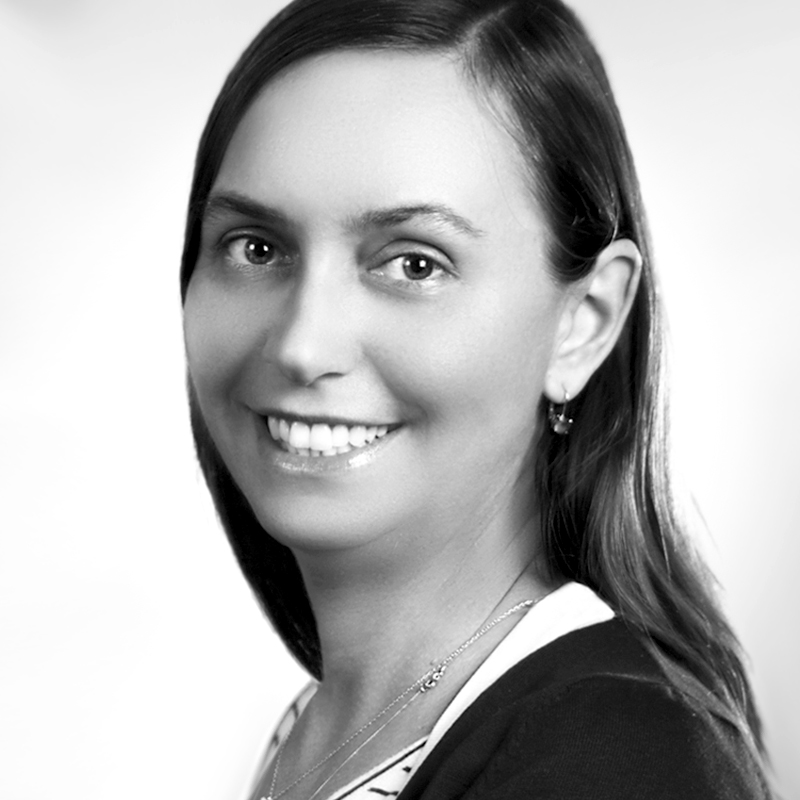Business Leadership: Winning Healthcare Brands in the Platform Economy
By Vivaldi, August 12, 2019
What do winning healthcare brands do differently?
Every generation, a massive change in the way we do and think about business takes place: an overhaul that revolutionizes the way leaders understand value creation for customers. Today, amidst the fourth industrial revolution, platform technology has emerged, changing the way consumers and producers interact and the meaning of each of their roles. These ecosystems offer new ways of coordinating between sets of actors, creating remarkable, original ways to match supply and demand. As the boundaries of the technological frontier continue to be pushed, the medical profession has been pressured to adapt their services for a more mobile, digitally savvy set of consumers: indeed, according to a recent Accenture study, 6 out of 10 patients will use patient services when they are aware of them, showing ample demand for these kinds of platforms. Likewise, consider the fact that, according to a recent Harvard Business Review study, on any given day, 40% of hospital beds lie empty – or that only 17.5% of all appointment time slots are used when studying over 80,000 American providers, contributing to the nearly $750 billion in waste accumulated annually by the American healthcare system.
What platforms exist in the healthcare industry?
Platforms provide an opportunity to manage this critical area of patient access, and to tap into technology to help providers better manage resources, improve patient experience, and share information in a more efficient and accessible way. Though slow to embrace these digital business models, some revolutionaries in the medical space have met this imperative with major disruptions to solve simple issues. Below are five technology players in the medical arena who have risen to the challenge.
- Docket –Docket gives patients an alternative way to answer questions about personal health by creating a check-in platform that aggregates five different types of information: patient-reported data, physician-reported data, adherence trends, wearable device inputs, and metadata. It also provides patient engagement tools and appointment intake, including specific reminders like, “Remember to fast before coming in!”
- Medici – Medici is an app that connects dentists, therapists, veterinarians, pediatricians, family doctors, and more with patients through text or video chat securely from their mobile phones. The platform allows patients to communicate with doctors at any time and gives doctors the freedom to extend care and get paid without extra overhead. This allows consultations to occur quickly and easily for providers, and gives patients answers faster and more cheaply than scheduling an in-person appointment.
- Doximity – Over a million U.S. healthcare professionals use Doximity as a network, connecting colleagues, classmates, and co-residents; the platform includes 70% of all U.S. doctors, allowing a sharing of best practices, up-to-date research, and other materials. The platform also provides a subscription service to favorite medical journals and the opportunity to earn Category 1 credits through research.
- Patients Like Me –This platform brings together patients who share specific medical conditions, like Parkinson’s or depression, to communicate common experiences, to better understand their treatment options, and to recommend specific providers or other tools in the medical space. Likewise, the 650,000+ people who participate have generated more than 43 million data points, creating an unprecedented source of real-world evidence and opportunities for continuous learning about improving patient experience for providers.
- Medical Mindset – Patient engagement platform Medical Mindset allows patients to build a HIPAA-compliant health profile, which they can use to check into an appointment by swiping in with their phone at participating doctor’s offices.
How can a platform strategy help your business?
By simplifying the process of information sharing, provider access, and other exchanges, marketers in the medical arena can utilize platforms as a way to surge ahead of the competition to help both doctors and patients. When thinking about how your business can seek similar opportunities, ask yourself –
what is the problem or tension that your product or solves in your category?
_
Is your business ready to think like a platform? Kick-start a platform approach to brand-building with our 2-day platform strategy workshop.
- Topics:
- Platform Strategy
Meet The Expert

Anne Olderog
Senior Partner
Anne Olderog is a Senior Partner at Vivaldi with over 25 years of experience advising some of the world’s most visible brands and organizations. In her tenure at Vivaldi for the past 10 years, Anne focuses on identifying and capturing disruptive opportunities for her clients, that often include transforming their business or potentially their industries. Her clients span leading players and disruptors in the education, media, healthcare and technology space.

